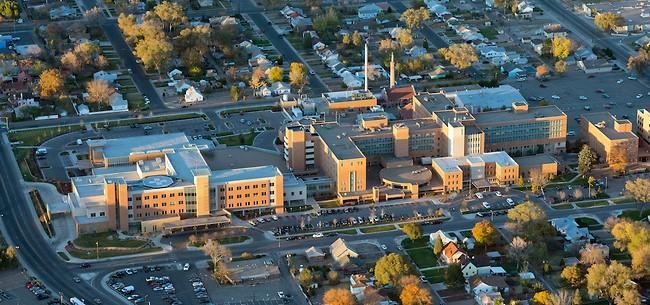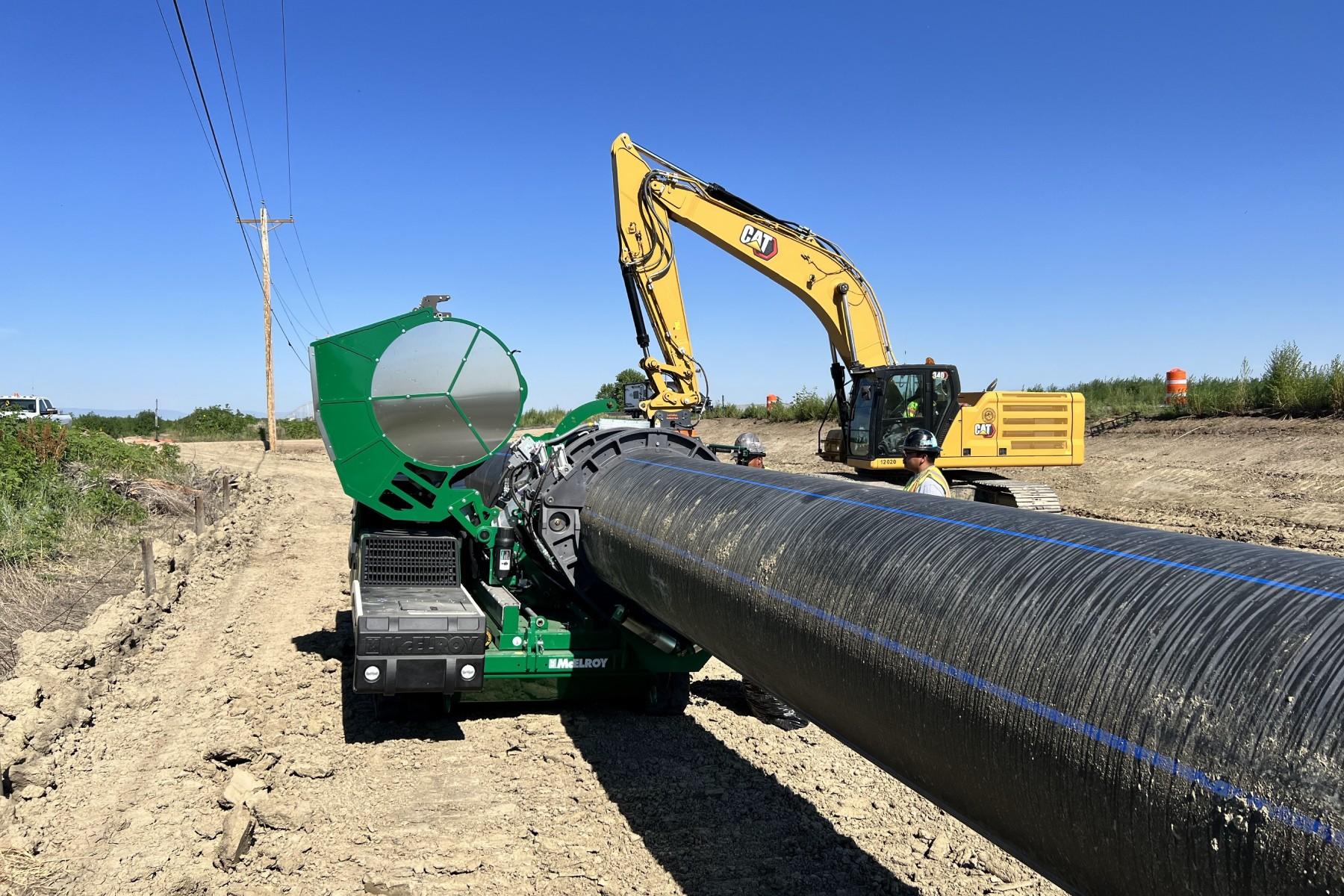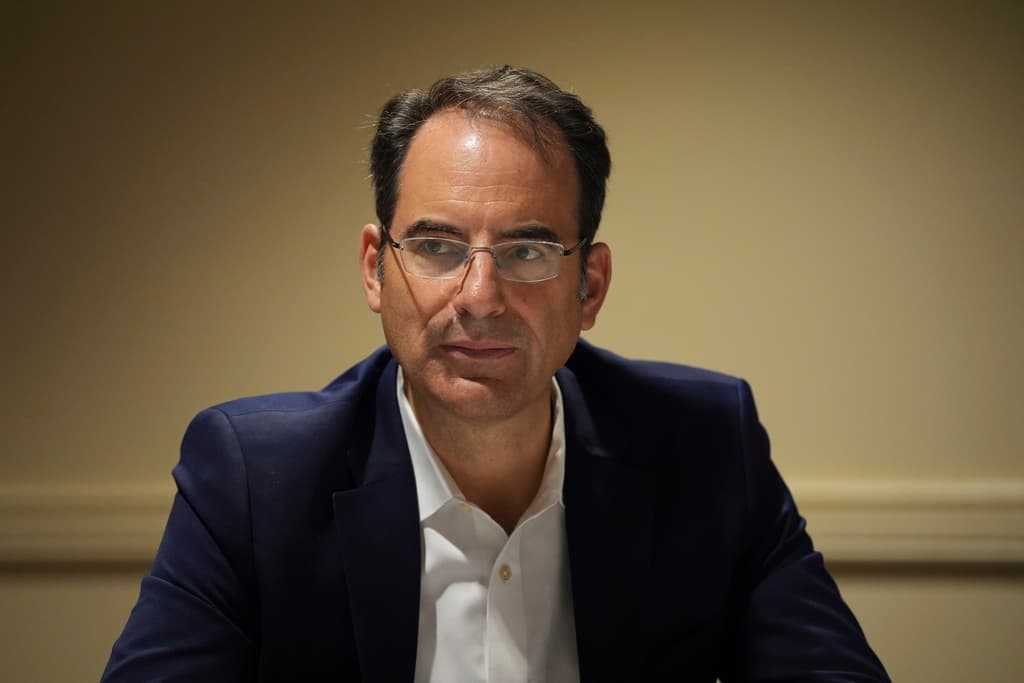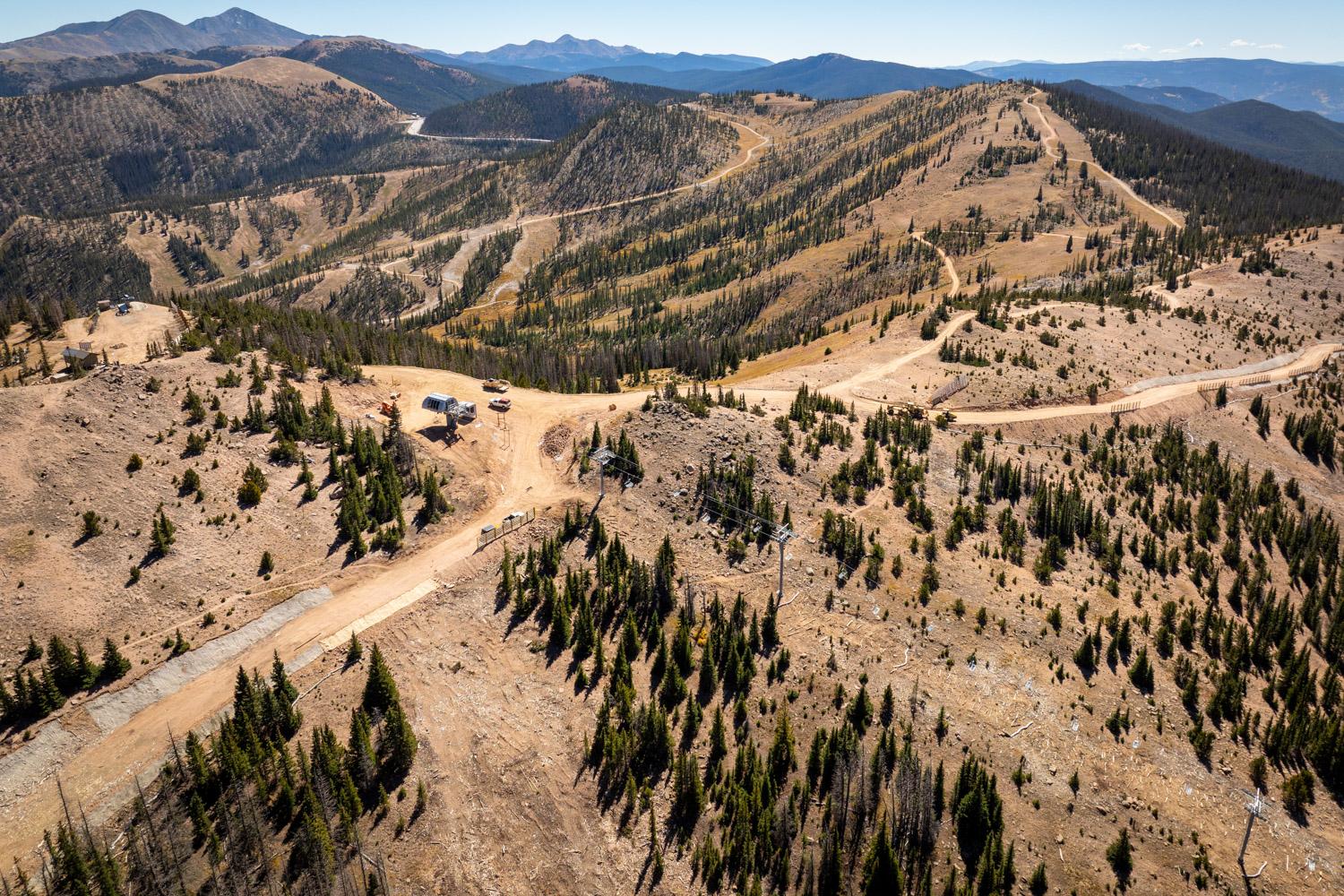
A hospital in Pueblo made an unusual request of the community recently: it asked for volunteers to hold, rock, and cuddle babies born with opioids in their system. Staffers call it the "cuddler shift."
According to the Colorado Department of Public Health and Environment, the number of babies reported to be dependent on opioids nearly doubled from 2010 to 2015. At St. Mary-Corwin Medical Center, they've had been relying on staffers willing to take on the work of cuddling these babies in their off hours.
"I've sat with one for about 45 minutes and by the time I got done, she was very calm and I could figure out what she liked and I could put my little hand on the top of her head and she would relax," said Lori Briggs, who works in the hospital's IT department. "It's just fun to take each baby individually and figure out how to love and comfort them in their own little way."
Nurse Paulette Mapes leads the birth center at the hospital. She told Colorado Matters host Ryan Warner the volunteers will now be screened, trained and scheduled since "it can be some pretty emotionally taxing work." Highlights of their conversation are below, edited for clarity.
Conversation Highlights With Paulette Mapes
The unpredictability is a challenge:
"It's unpredictable so it's difficult to staff for. There are times when we don't have any babies in the nursery who are actively withdrawing but that can really change in the blink of an eye, truly. At this time yesterday we didn't have any babies needing this kind of support and we now do. So the most that we have had at one time was six babies, actively withdrawing in our nursery here. What we're hoping to do is to have kind of a call system, with the idea that we would have cuddler shifts in two hour sessions."
The babies "are going through a rough time":
"They come into the world addicted. And as addicts, they go through all of the same physical withdrawal symptoms that an adult would. So these babies can go from being a little bit fussy, a little bit jittery, to having convulsions. They can have a very high-pitched inconsolable cry. Water diarrhea, which leads to their little bottoms becoming not just a diaper-rash but just what we call excoriated. Most of the babies we see are somewhere in the middle, especially when we start having to give them medication to help manage those withdrawal symptoms and we have to wean that up, keep them kind of on a therapeutic level for awhile and then actually wean or withdraw them from that medication in order to make their symptoms manageable."
The holding really helps:
"For babies that aren't needing medication to withdraw, it can be just human touch, cuddling, soothing, much like a baby that would not be going through withdrawal. You know, every baby needs soothing and cuddling. These babies need it more."
Not all volunteers are suited to the work:
"It really takes a special person to be able to do this, help this baby, and do so in a way that is non-judgmental toward the mom and the family and I've often said I have yet to meet the mom who thought, 'I'm just going to see if I can hurt my baby.' That's just really not the case.
How parents coping with their own addictions manage their double challenge:
"We do some things to try to help with that. We encourage them to be here at the hospital as much as they are able and before discharge to spend some time, pretty much 24/7 including nights, in that situation here at the hospital where we're able to support them through that and give them an idea of what they're going to be facing at home."
Do they worry about the babies that go home?
"We do. We do."









